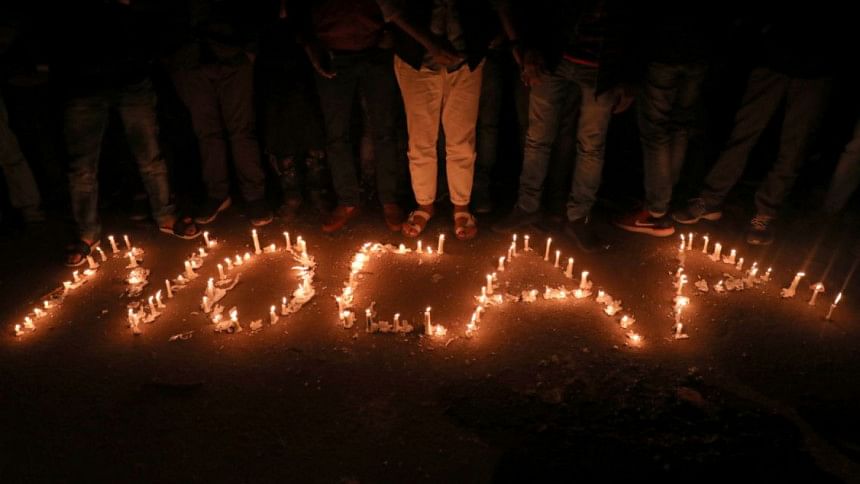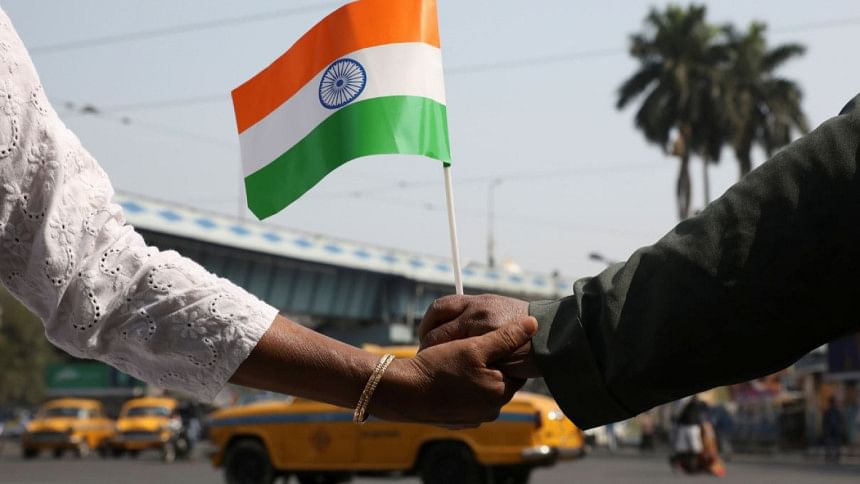West Bengal assembly passes anti-CAA resolution

West Bengal legislative assembly today passed a resolution against the Citizenship Amendment Act (CAA), becoming the fourth Indian state to do so.
Speaking on the resolution, Chief Minister Mamata Banerjee said the protest against CAA "is not only of minorities and I thank my Hindu brothers for leading this protest from the forefront".
Similar resolutions have already been passed by Left-ruled Kerala and Congress-ruled Punjab and Rajasthan.
"In West Bengal, we won't allow CAA, National Population Register and National Register of Citizens. We will fight peacefully," Mamata said during her address in the assembly.
"As per the CAA, you have to become a foreigner to become a citizen... this is a terrible game, pushing people towards death. Don't fall into their trap," she added.
"The label of doubtful citizens, detention centres... is unacceptable. The way things are, it was better not to have been born. Today, people are scared that they may have to leave this country. They are queuing up for all kinds of documents and cards," Mamata said.
Terming the BJP as the "Brand Ambassadors of Pakistan", she said "they always talk of Pakistan and less of Hindustan".

India's ruling Bharatiya Janata Party (BJP) has questioned the efficacy of such resolutions against CAA, arguing it would not overturn the law passed by parliament and that states are constitutionally bound to implement any such legislation.
The CAA offers citizenship to non-Muslim people from Bangladesh, Pakistan and Afghanistan who took shelter in India till 2014 if they had fled to India because of religious persecution in those countries.
Critics say the bill discriminates against Muslims and goes against secular tenets of the Indian Constitution.

 For all latest news, follow The Daily Star's Google News channel.
For all latest news, follow The Daily Star's Google News channel. 







Comments